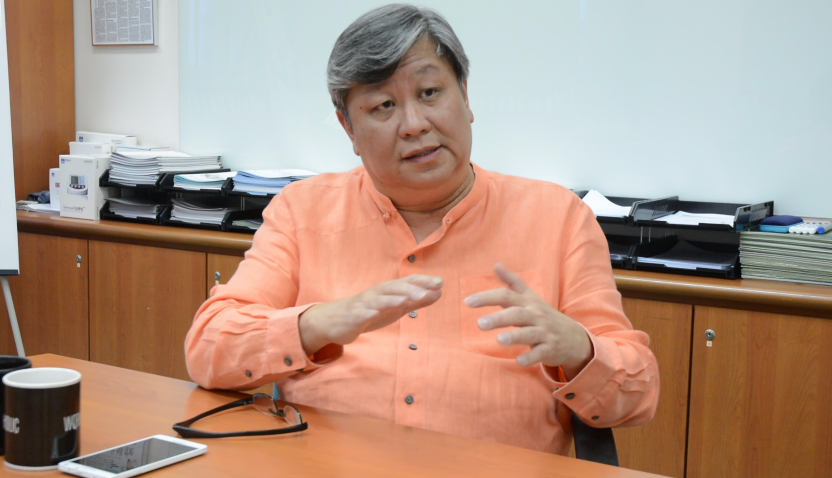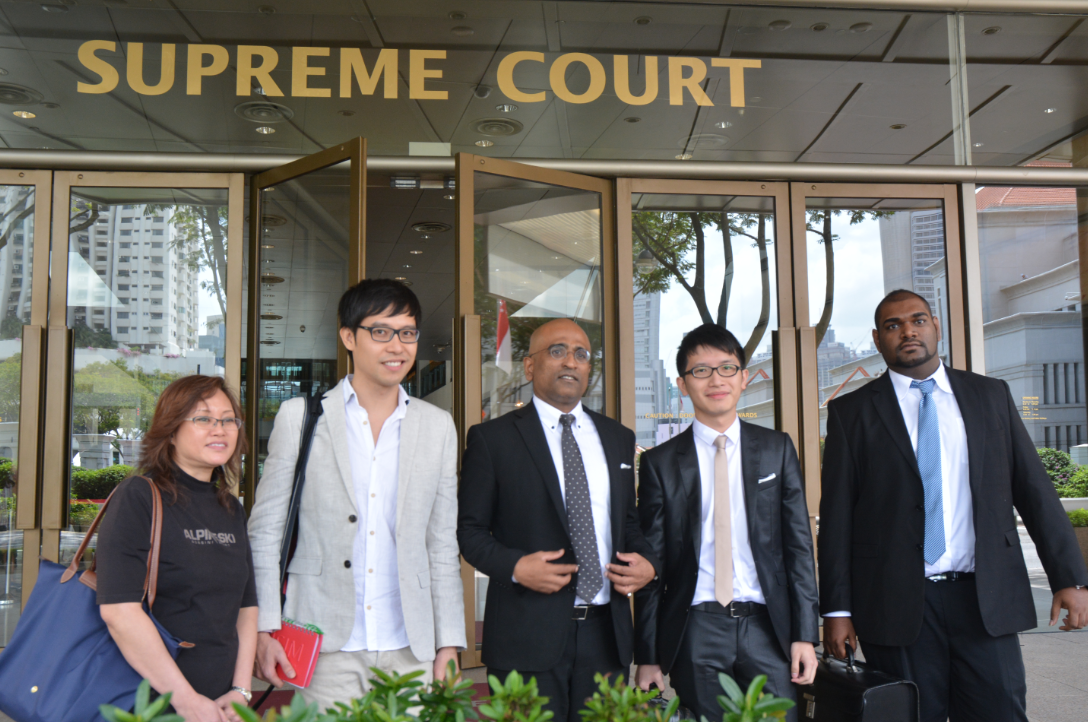Inequality measured are biased and play down wealth income, said former Chief Economist of GIC Mr Yeoh Lam Keong at the inaugural Progress Singapore Party’s PSP Talk on poverty in Singapore.
When asked, Mr Yeoh agreed that there is a “distortion” in how inequality is measured in Singapore. However, he explained that if given a choice between improved measuring on how rich people actually are in Singapore versus better statistics that measure poverty, he would prefer the latter.
“Because we don’t have enough even sound poverty measures. Teo You Yenn and Ng Kok Hoe are beginning to do the work that should have been done a long time ago so that we know how many of our citizens are poor, how to target them, how much do they need, or is it too much,” said Mr Yeoh.
He is referring to Assistant Professor Ng Kok Hoe from the Lee Kuan Yew School of Public Policy, National University of Singapore (LKYSPP) and Associate Professor Teo You Yenn from the School of Social Sciences, Nanyang Technological University (NTU) who worked on a study recently which aimed to estimate the basic income that an elderly Singaporean would need to survive.
Mr Yeoh reiterated, “If you don’t define the problem, you can’t design around the solutions.”
Should a minimum wage be implemented?
On the topic of whether implementing a minimum wage would help alleviate poverty in Singapore and whether that would increase the cost of living, Mr Yeoh said that he thinks there should be a minimum wage but that it doesn’t need to be legislated.
First, the economist explained that if benefits like the Workfare Income Supplement (WIS) are raised, having a minimum wage would prevent employers from ‘gaming’ the system and reducing wages.
As increasing wages without causing inflation, Mr Yeoh said wages have to “grow organically at the rate of productivity growth.”
He explained, “That’s why it’s going to take 10-15 years. That’s why we need WIS. That’s why over 15 years the problem will work itself out if you’ve got the proper productivity policy.”
In the meantime, measures need to be implemented to support the process.
Moving on, Mr Yeoh went on to talk about how a minimum wage can be arrived at, specifically pointing to the system used in Austria.
“Most of the, a lot of the Nordic countries and Austria do not legislate a minimum wage. However they arrive at it through discussions, through the collective bargaining process between employer and employee.”
This bargaining process is “clear and transparent” and the signals given are based on research by both employers and employees.
“The trade unions have their own research councils. They do the work. They say, ‘this is affordable, you are not raising wages enough or you’re raising it too much. We agree it is here, everybody can afford it’.”
He enthused, “They do not legislate it. They send it as a signal and almost everybody follows it. We do not have to have minimum wage legislated, but we do need a signal.”
Singapore, Mr Yeoh says, already has an instrument to send that signal: the National Wages Council (NWC). Unfortunately, the NWC doesn’t do this.
The reason they don’t do it, said Mr Yeoh, is because Singapore has so many foreign workers for so long. The excess of labour due to Singapore’s “excessive immigration policy” effectively “disempowered” the NWC. But now that there are foreign labour is being restricted, the NWC can do something.
Mr Yeoh noted that the NWC did a pretty good job when it was chaired by Professor Lim Chong Yah.
“Lim Chong Yah has been advocating for minimum wages. He knows what he’s talking about.”
Mr Yeoh asserted that a collective bargaining agreement can be arrived at with the NTUC, the government and the workers and that a tripartite agreement can be made for an indicative minimum wage that will prevent employers from taking advantage of the higher WIS.
Transitioning from foreign to local labour and increasing wages
On the topic of foreign labour, Mr Yeoh was asked where Singapore would draw the line on importing foreign labour and if he agreed that the country needs some foreign workers for certain jobs that citizens are not likely to take up such as keeping the streets clean.
Mr Khush Chopra who was moderating the session, chimed in to say that if street cleaners were paid more, Singaporeans would take up the job.
Mr Yeoh said, “I think it’s a balance.”
“Obviously because we have run our economy so dependent on foreign workers for 20 years, you can’t cut them back immediately,” he added.
The veteran economist explained that cutting back all the foreign workers who “should not have been there in the first place” without having enough local talent to fill in the gap would lead the economy to collapse.
Mr Yeoh elaborated, “So what you need to do is to, going forward, use less and less foreign workers and increase wages by productivity as much as possible so that in 10-15 years’ time, maybe you’ll find half the hotel cleaners are our own people.”
He continued, “In Japan, it’s no sin to be a cleaner. It’s an honourable profession to be a cleaner and they are reasonably well paid. You can earn a decent living being a cleaner in Japan, in Scandinavia. This is what we should be aiming for.”







